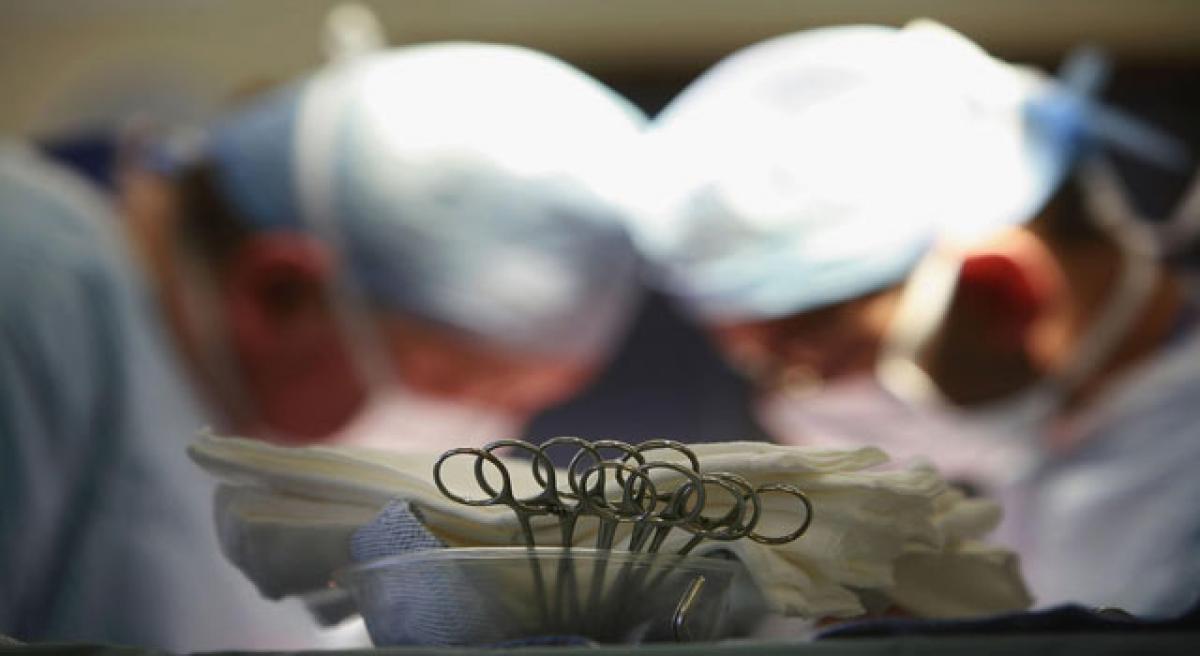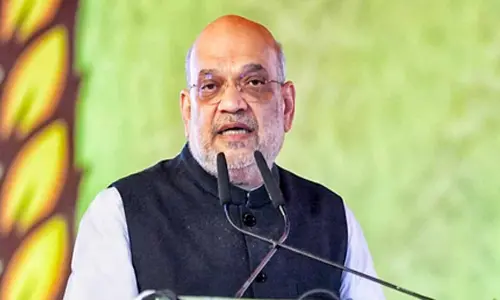Understanding multimodality treatment approach

The brain, arguably the most complex system in the body, controls a multitude of functions. Due to the complexity of brain functions; the treatment of brain tumours requires both robust and highly selective elimination of all cancerous tissues.
The brain, arguably the most complex system in the body, controls a multitude of functions. Due to the complexity of brain functions; the treatment of brain tumours requires both robust and highly selective elimination of all cancerous tissues.
Today, a multimodality treatment approach including surgical resection, radiotherapy, and chemotherapy is the current standard of care for malignant brain tumour patients. Temozolomide a chemotherapy agent is the first line systemic agent used for patients with brain tumours.
Unconventional therapies including immunotherapy, gene therapy, and photodynamic therapy (PDT) are potential adjuvant treatments for brain tumours and are under clinical trials.
The major problems to the treatment of brain tumours include structural complexity of the brain, heterogeneous and invasive nature of many brain tumours, and acquired drug resistance to chemotherapy.
Nanotechnology-based approaches hold great promise for revolutionising brain cancer medical treatments, imaging, and diagnosis. It is expected that newly developed particle systems can have a revolutionary impact on brain cancer diagnosis and therapy.
Recommendations for better quality of life of the patient and family members include improving the delivery of information, enhancing communication among patients, families, and health care providers, and providing psychosocial support for family caregivers.
A growing body of research finds that when patients and families have a better understanding of their diagnosis and treatment, they are more able to cope with their illness, use the health system more effectively, and have less psychological distress. (The writer is Senior Consultant Neurosurgeon at KIMS Hospitals, Secunderabad.)
By Dr Sujit Kumar Vidiyala














